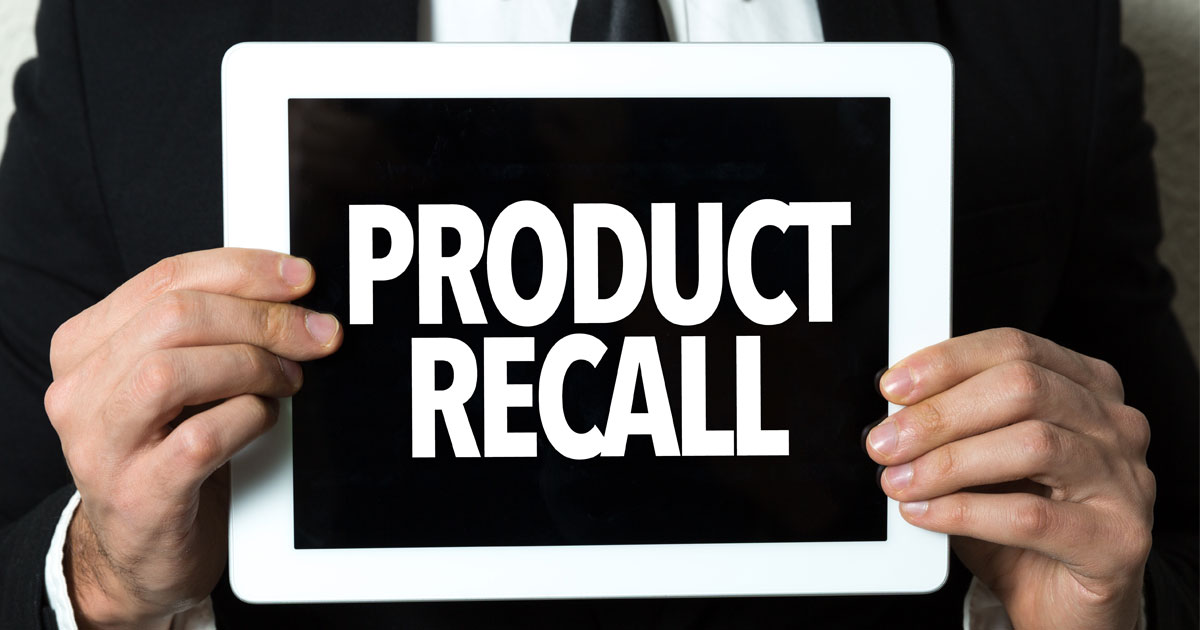
Two types of catheter models produced by Abbott Laboratories were recently recalled due to potentially severe safety issues. The two catheters are the NC Trek RX Coronary Dilatation Catheter and the NC Traveler Coronary Dilatation Catheter. The United States Food and Drug Administration (FDA) defined them as Class I recalls, which is the most serious type of recall in the United States. Due to the seriousness of the problems with the catheters, users could experience serious injuries or death.
Catheters are defined as medical devices, consisting of tubes that are inserted through narrow openings to remove clots or drain liquids. Balloon catheters, the type of catheters that were recalled, have diameters of 4.0mm, 4.5mm, and 5.0mm that might not deflate.
When a patient has clogged vessels in their heart, to improve the flow of blood, the doctor will use a catheter to help keep the patient alive. Unfortunately, the recalled catheters are difficult to remove and cause problems with inflation and deflation of the balloon. This issue occurs because of the weaker material caused by exposure to heat in the manufacturing process.
Due to the problems with these catheters, a patient could experience injuries or death. Health consequences include reduced blood flow to the heart, a clot in the artery, heart attacks, or additional surgeries. There is also a possibility of post-operative complications that could lead to death. In addition to these issues, catheters can also cause injuries, such as tearing of tissue or organs, blood poisoning, or bladder or urethra injuries. A catheter can also degrade or fracture while in use, causing pieces to break apart inside the body.
The current recall applies to 13,891 devices distributed between August 2019 to January 2020. There is one confirmed death and 13 complaints related to the catheter. Health care professionals have been told to immediately stop using the defective medical products and return all unused equipment. This is not the first time that catheters by Abbott were recalled due to manufacturing issues. In 2017, Abbott warned health care officials that their catheters had issues with the balloon sheath and were dangerous to use. This recall affected 449,661 catheters in circulation around the United States.
Determining liability can be complicated because of the many parties involved. Depending on the situation, more than one person and company can be held responsible. For the most part, catheter manufacturers will be the ones held liable due to the defective device.
If the installation of the catheter was done incorrectly, the physician will be held liable for the complication; this will result in a medical malpractice case due to the negligence of the doctor. Catheter lawsuits will ultimately result in compensation for the injured patient, which will cover medical expenses, additional treatment costs, lost wages, and pain and suffering.
If you were injured due to a recalled medical product, contact one of our Philadelphia defective medical device lawyers at Brookman, Rosenberg, Brown & Sandler today. Our experienced legal team understands the devastating injuries that are caused by defective medical devices. Contact us online or call us at 215-569-4000 for a free consultation. Located in Philadelphia, we serve clients throughout Pennsylvania and New Jersey, including Delaware County, Chester County, and Philadelphia County.